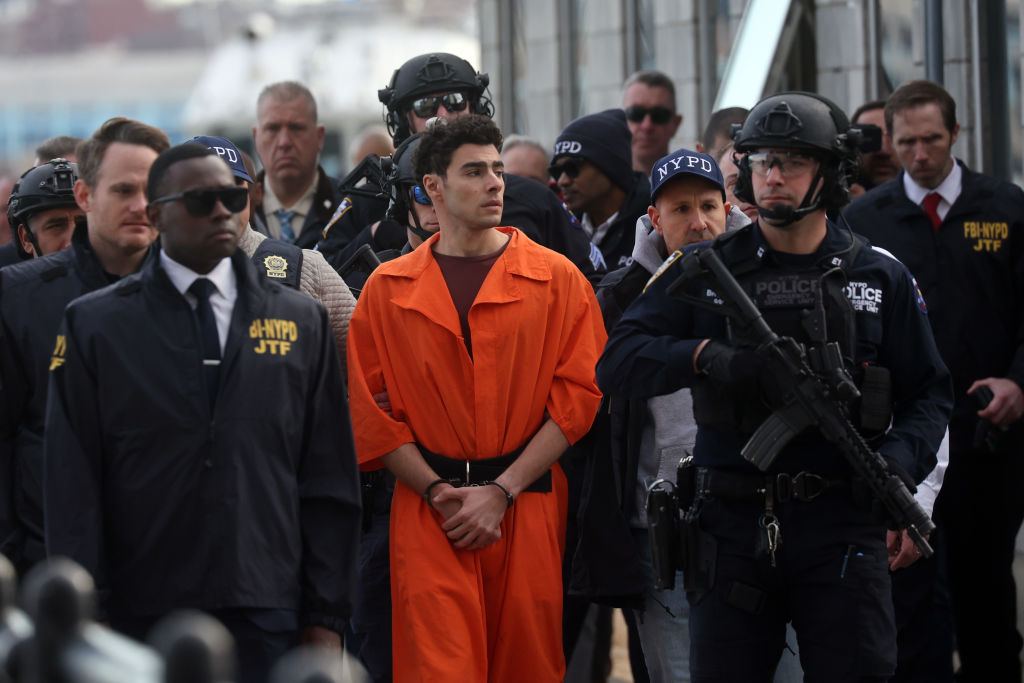Since the arrest of Luigi Mangione, the suspect charged with the murder of the UnitedHealthcare CEO Brian Thompson, the story has been about him as a person. The news has pored over Mangione’s past, his possible motives, his social media, his family, friends, acquaintances, anyone and everyone who knows him, past or present — all trying to illuminate how and why he is suspected to be connected to this killing. But that’s just a way to dodge the deeper story: How the American public reacted in the days when he was a mystery.
Rather than create widespread fear and dismay, the news of an anonymous shooter bringing a health insurance executive to a violent demise generated everything from a shrug to a celebration from the regular people of this country. A Reddit thread from medical professionals on all of the failures and neglect from UnitedHealthcare over the years collected thousands of posts and upvotes before it was deleted. TikTok exploded with sympathy for the killer and seething resentment for the current state of U.S. healthcare. While online sleuths are usually quick to assist (whether it helps or not), with this brazen crime, few users across the internet pitched in any assistance. When reports described how the assassin’s backpack was found full of Monopoly money, the reaction was more bemusement than disbelief or insult. Day after day, as the manhunt widened, public sentiment largely stayed with an anonymous killer over a prominent and important victim.
But even more bizarre than the lopsided sympathy for the perpetrator of a murder was how the support has cut across political lines. It doesn’t matter whether you voted for Kamala Harris or Donald Trump in the last election, the appeal of the killer has been the same. Even without knowing the politics of the assassin, the specifics of why he acted or what he wanted, people across the political spectrum could understand his motives without any further context. Healthcare in this country is exploitative, stingy, and broken, and nobody rushed to defend the order of things with or without a vigilante killing. Despite the high polarization of our politics, we discovered that we could all agree that what we hate about our broken systems unites us more than what we love about our partisanship.
For those of us who don’t spend our days in board rooms or considering the returns on our expansive stock portfolios, it’s much more relatable to get a monstrously high bill for lifesaving medical care than to tally the value created for shareholders. We are united in our fears of being turned away for an expensive procedure that will define our health, of having to declare bankruptcy after a health emergency, of not being able to afford premiums or of losing coverage. Vanishingly few of us have woken up in the morning with the knowledge that millions of lives depend on our decisions and we’re going to choose to put ourselves and our share price ahead of everyone else. When the public had the contrast put before us, it was almost too easy to pick the little guy, even with a gun in his hand.
The detention and trial of Luigi Mangione will probably give us more understanding of the path that led to Brian Thompson’s early and tragic demise, but that’s not what we’ve really learned from this horrible situation. When forced between condemning a killer or the desperation that likely created him, our society discovered that the fault lines are less between the ideologies of Republicans or Democrats than between the people who receive hospital bills, and the people who profit from them.



















































